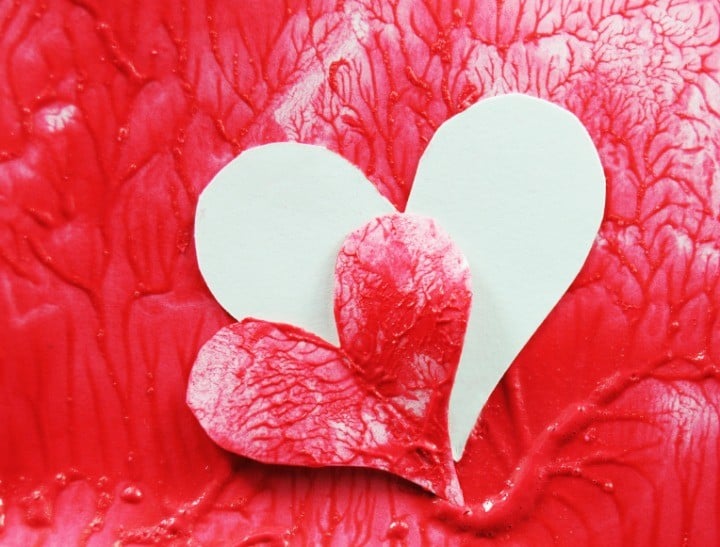
Myths about organ donation could stop us saving lives.
Anyone could find themselves in need of a life-saving transplant. People who need a transplant are usually very sick or dying, and can be babies, children and young or older adults. Organ failure can arise from a sudden illness or injury, or chronic disease, or inherited conditions.
Donation of skin, eye and bone tissue can also save lives, and makes the difference between seeing and being blind, mobility and never walking again, or a speedy rather than protracted recovery from trauma, cancer or disease. Tissue such as skin can be life saving for burns victims, and donated heart valves can make complex heart repair surgery possible. Eye tissue can restore sight and bone can be used for reconstructive orthopaedic surgery enabling mobility and independence.



Top Comments
When my husband passed suddenly my family and I decided to donate his organs. We knew he believed in it. It WAS stressful at the time, but later that night I got a phone all to say that they had done a completely successful transplant with someone. It was the only highlight of that dark day. It lifted our spirits and we rejoiced as it made even a little sense of it all. After that Donate life give you and your family as much councilling as we needed. We did take advantage and we're glad of it down the track. We are all committed now as we realised how many got a new chance because of it. Ultimately something good came out of something very bad..
I think we have this debate inverted - it should be an opt out discussion - everyone automatically assumed to be a donor unless they register otherwise.